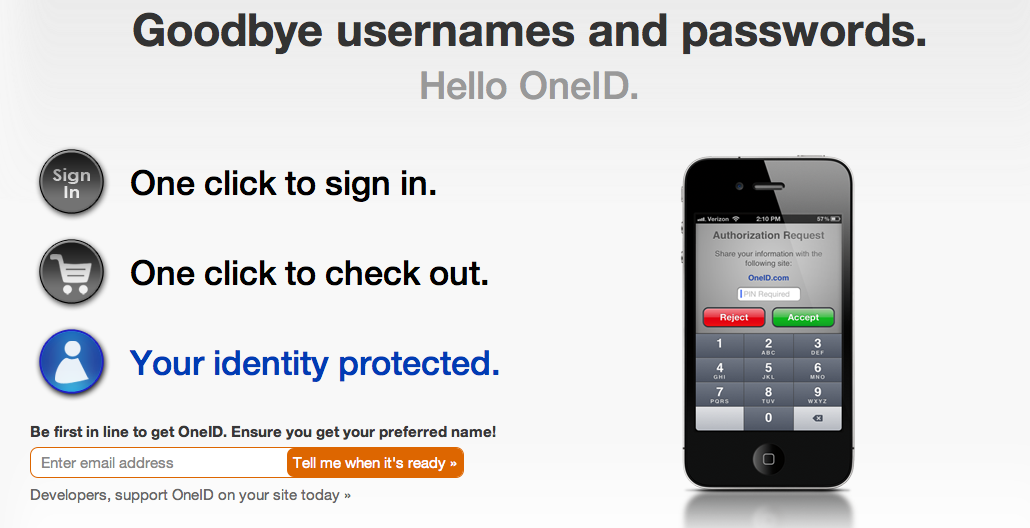Have you ever seen in one of those superhero movies like Iron Man, where the person just talks to one of those head gears that helps them do their things? Well, thanks to technology, we're starting to get a huge step towards that kind of technology. It is called "The Google Glasses". The Google Glasses is a wearable computer that was developed (and still is) by Google. It was released in early 2013 and has become a famous trend. It costs 1500$ and it is a simple, yet very complex piece of technology. What makes this device so special is the fact that it's one of those "futuristic" technologies that records everything you see and everything you hear. It is indeed a surreal piece of machinery.
Major Concepts
- It is a new technology and another whole new step for mankind. It is a piece of tech that's never been seen before.
- It will, no doubt, be very famous in the future because companies like Apple and Microsoft will try to duplicate or make devices similar or better than these.
- It is 1500$, an ideal price if you're a person with nothing to do or a person who has a job or wants to record many things, auditory or visually.
- It causes some problems, based on privacy and legal rights.
Potential Strengths/Advantages
- If used in appropriate conditions, it could actually be a very useful device as it can record everything you see and everything you do. An ideal device for someone such as a news reporter or an interrogator.
- It may help a student study just by looking and listening at the teacher and going over the recordings at home.
- Who knows? A person wearing these glasses at a random time could witness events such as murders, thievery, and much more (which of course means that it record and be helpful).
- Some say that it can also be used to search web results, if so, it will be a huge asset for a student in middle of a class doing research and what not?
- It can assist a person in many ways, such as contacting people, etc.
Potential Disadvantages/Deficits
- Like every piece of technology that is released, it only ruins human health because it causes them to be lazy (Example: Not needing to get on the computer to search for the results, being lazy in class because the person knows they can record anyways).
- It MAY, just MAY have psychological effects on a person on how they view the world. By being addicted to these glasses and seeing through an electronic world, it may cause some sort of a new disorder or effect.
- It takes away the privacy of people as you can record and take pictures whenever you wish without the person knowing.
- It may be expensive to provide all the electricity or Internet or pay for the glasses itself.
Discussion Questions
1. If a device like this is made so refined and well, what could be the future of mankind in the coming century, or even decade?
2. Will it be more of a deficit or an advantage?
3. Could it possibly connect to our brains and allow humans to control everything even easier like it's daily life?
4. What privacy or laws could this piece of tech break or take away?
Haslam, Oliver. "Humor: The Truth About Google Glasses | Redmond Pie." Redmond Pie RSS. Redmond Pie, 26 Feb. 2013. Web. 25 Mar. 2013.










